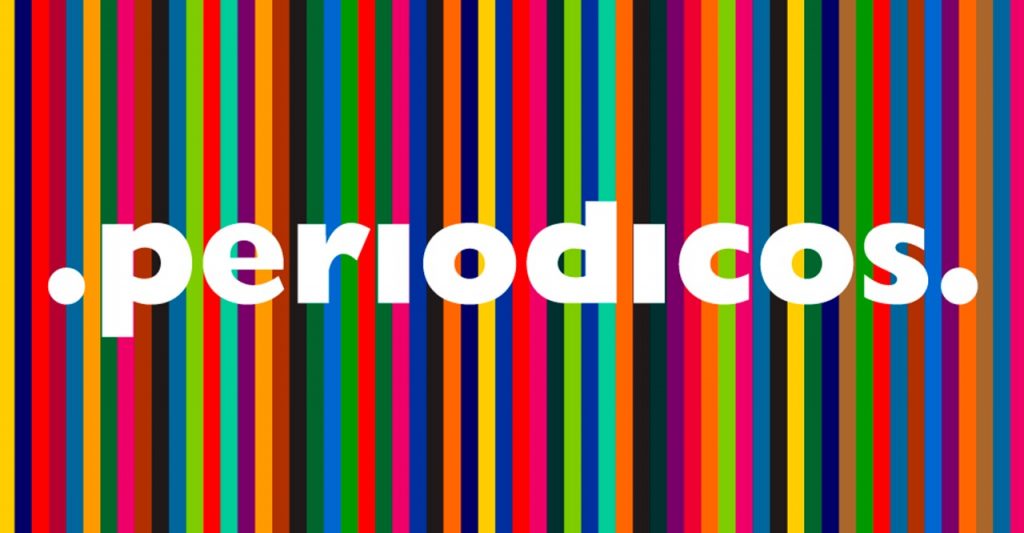The Graduate Program in Science and Mathematics Education (PPGECM) is recommended by CAPES and was created at UFPR by the University Council in December 2009, offering, starting in 2010, the Academic Master’s Degree Program. From the start of the Master’s program until May 2019, PPGECM was responsible for the training of more than 156 master’s graduates, who are now working in different Brazilian states and abroad. In March 2019, with the approval of the CAPES Technical-Scientific Council (CTC), the installation of the Academic Doctoral Program at PPGECM began, with the first cohort scheduled for the second semester of 2019.
The Graduate Program in Science and Mathematics Education is gaining national and international recognition, with 30 faculty members in 2021, many of whom have completed postdoctoral research in the fields of Science Education and Mathematics Education. All faculty members are involved in a research line, as well as working in various research groups at UFPR and UTFPR, responsible for projects and partnerships with important national and international research groups.
Thus, in a planned and organized manner, PPGECM is becoming an important reference center for research in Science and Mathematics Education and for the training of master’s, doctoral, and postdoctoral students in these areas.
PPGECM has objectives related to the specificities of scientific production generated within the Program, to the general profile of the researcher it aims to train, and to the specific profile of the researcher it intends to develop.
Mission
The Graduate Program in Science and Mathematics Education (PPGECM) at UFPR is committed to training qualified teachers and researchers, promoting the advancement of knowledge at the interface between teaching, learning, and teacher education in Science and Mathematics. The program seeks to establish itself as a reference in research and educational practice, preparing professionals to work in various levels of education and contexts, from Basic Education to Higher Education. Through research and extension projects, PPGECM strengthens scientific and mathematical education, promoting impacts at local, regional, national, and international levels. With an interdisciplinary and socially engaged approach, it encourages investigations that link Science, Technology, Society, and the Environment, valuing cultural and epistemological diversity. The program fosters studies on curricula, methodologies, and formative practices, exploring innovative strategies, educational technologies, and scientific and mathematical literacy. Furthermore, it promotes reflections on the historical, philosophical, sociological, and cultural aspects of Science and Mathematics education, contributing to the development of critical teacher education that is connected to contemporary educational and social needs. Based on a solid academic structure and strategic partnerships, PPGECM encourages methodological innovation, internationalization, and the development of public educational policies. Thus, it prepares teachers and researchers to lead transformations in the teaching of Science and Mathematics, contributing to a more inclusive, reflective, and socially committed education.
Graduate Profile
It is expected that PPGECM graduates will be researchers in the field of Science and Mathematics Education, pursuing academic careers. Furthermore, PPGECM aims to contribute to the formation of professionals capable of assuming responsibilities in management, planning, and evaluation of public policies in the field of education, as well as expanding opportunities for basic education teachers. This will foster a more dynamic understanding of the complexity of their professional activities and promote research that is closely connected to their teaching practice.
PPGECM Coordination






